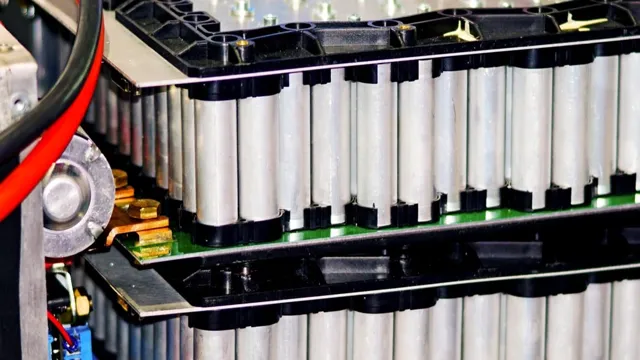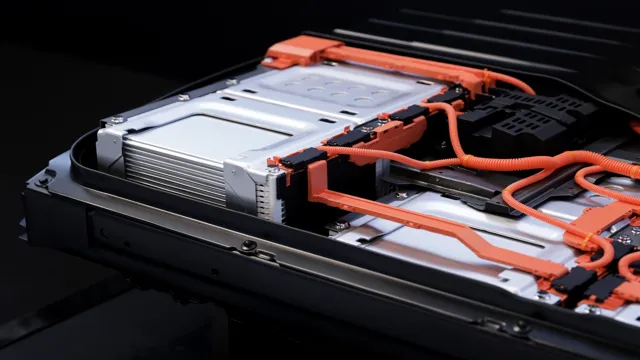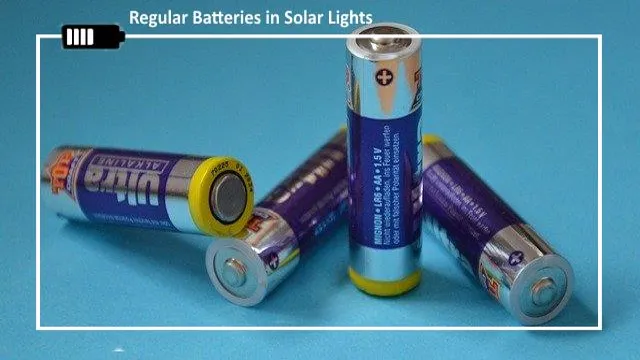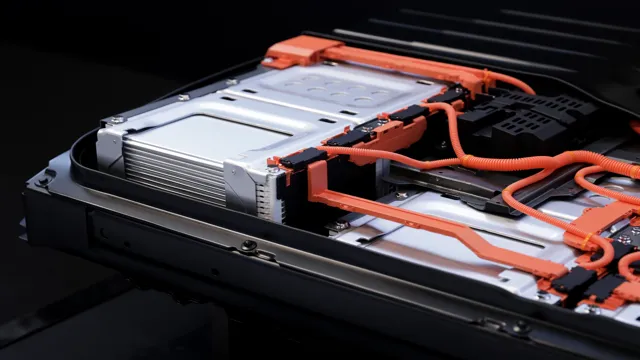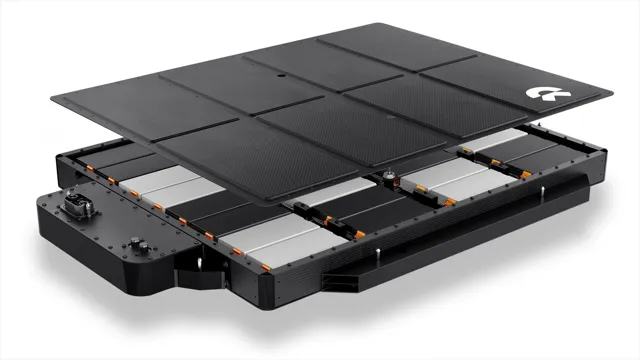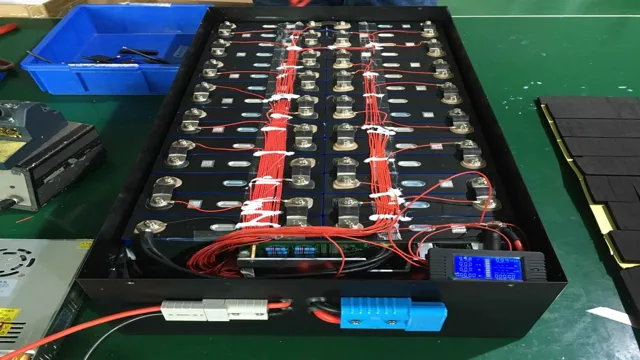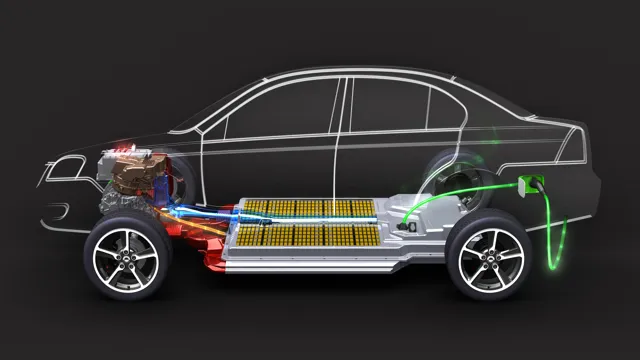The Shocking Truth About Electric Car Battery Disposal Responsibility: Are We Doing Enough?
As the world continues to transition towards green energy, electric cars are at the forefront of the movement, offering a clean and sustainable way to travel. However, as the popularity of electric cars rises, questions about the responsible disposal of their batteries are beginning to emerge. What happens to electric car batteries when they reach the end of their life cycle? Who is responsible for their safe and eco-friendly disposal? The truth is, disposing of electric car batteries responsibly is not as simple as just throwing them away.
Lithium-ion batteries, which are commonly used in electric cars, can pose a significant risk to the environment if not handled properly. They contain toxic chemicals that can contaminate soil and water, as well as rare and valuable metals that can be reused and recycled. So, who is responsible for the proper disposal of electric car batteries? Some argue that it falls on the manufacturers who produce these batteries.
After all, they have a responsibility to ensure their products are safe for both the consumer and the environment. Others argue that it is the responsibility of the car owners themselves to ensure their batteries are disposed of properly. Regardless of who is responsible, it is clear that proper disposal of electric car batteries is crucial for the health of our planet.
The good news is that many companies are already working on solutions for recycling and repurposing these batteries, including using them for energy storage in homes and businesses. By taking steps towards responsible disposal, we can continue to drive towards a cleaner, greener future.
Environmental Impact
One important factor to consider when it comes to electric cars is the responsibility for disposing of their batteries. While electric cars may be better for the environment than traditional gasoline vehicles, their batteries can still have a significant impact if not properly disposed of. The responsibility for this disposal falls primarily on car manufacturers and their suppliers.
However, it is important for consumers to also be aware and informed about the proper disposal methods. As demand for electric cars continues to grow, it is essential for the industry as a whole to prioritize sustainable practices in battery production and disposal. By doing so, we can work towards minimizing the environmental impact of electric cars and building a more sustainable future.
Facts and Figures
When it comes to the environmental impact of our everyday actions, the facts and figures can be alarming. Did you know that the meat industry is responsible for more greenhouse gas emissions than all transportation combined? Or that approximately 8 million metric tons of plastic waste ends up in the ocean each year? These numbers can be overwhelming, but they highlight the urgent need for change in our daily habits. By making simple choices like reducing meat consumption and using reusable items, we can all play a role in reducing our carbon footprint.
It’s important to remember that small changes can lead to big impacts, and it’s up to each of us to do our part in protecting our planet.
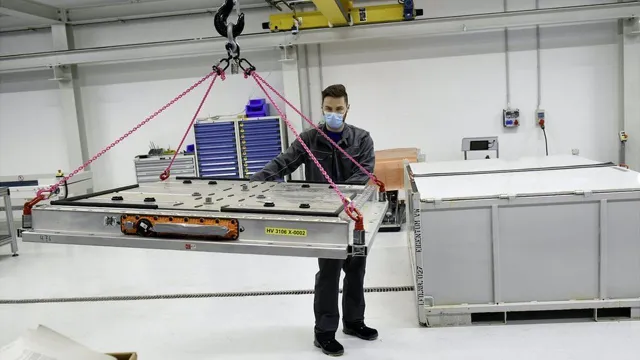
Government Regulations
Government regulations play a significant role in controlling the environmental impact of businesses and industries. These regulations are put in place to ensure that businesses are operating in an environmentally responsible manner. The Environmental Protection Agency (EPA) is responsible for enforcing these regulations and ensuring that companies comply with them.
The EPA has set emission standards for industrial facilities to ensure that they do not release harmful pollutants into the air and water. Additionally, businesses must obtain permits before engaging in activities that may harm the environment. Regulations also dictate the appropriate disposal of hazardous waste materials.
Failure to comply with these regulations can result in fines, legal action, and damage to the environment. It is important for businesses to understand and comply with these regulations to protect the environment and avoid legal consequences.
Manufacturer’s Role
When it comes to electric car battery disposal responsibility, the manufacturer plays a crucial role in ensuring that these batteries are recycled and disposed of responsibly. As the creators of these batteries, they have a responsibility to ensure that their products do not harm the environment. One way they can fulfill this responsibility is by designing batteries that are less harmful and easier to recycle.
Manufacturers can also partner with recycling companies to ensure that their batteries are recycled and can even provide financial incentives to consumers for returning their batteries for recycling. Ultimately, it is the manufacturer’s duty to take responsibility and be accountable for the environmental impact of their products, including electric car batteries. By doing so, they can play their part in helping to reduce the negative impact of electric car batteries on the environment.
Extended Producer Responsibility
Extended Producer Responsibility (EPR) is an approach where manufacturers are held accountable for the entire lifecycle of their products. This means that manufacturers must take responsibility for their products from the design stage to the disposal stage. EPR helps to reduce the amount of waste generated from consumer products by ensuring that the manufacturer takes responsibility for ensuring that their products are recycled, reused, or disposed of in a sustainable way.
For example, a company that manufactures electronics is responsible for ensuring that their products are disposed of properly and do not end up in landfills where they can harm the environment. This approach encourages manufacturers to design products that are more sustainable, durable, and recyclable. EPR is a crucial step towards achieving a more sustainable future.
Designing for Recyclability
As the world continues to focus on sustainability and minimizing the impact of our actions on the environment, manufacturers play a crucial role in designing for recyclability. In order to create products that can easily be recycled, manufacturers need to carefully consider the materials used, the way the product is constructed, and the end-of-life options for the product. By selecting materials that can be easily separated and recycled, such as glass or metal, and avoiding complex materials that are difficult to recycle, manufacturers can help make their products more eco-friendly.
Additionally, designing products in a way that allows them to easily be disassembled and separated into their various components can also help streamline the recycling process. Ultimately, manufacturers have the ability to make a significant impact in the fight against waste and pollution by prioritizing recyclability in their product design.
Take-Back Programs
Take-back programs can help reduce waste by allowing consumers to return products to the manufacturer for proper disposal or recycling. Manufacturers play a crucial role in implementing these programs and ensuring they are effective. They can provide clear instructions on how to participate, offer incentives for returning products, and develop efficient systems for collection and transportation.
By taking responsibility for their products throughout their lifecycle, manufacturers can reduce their environmental impact and show their commitment to sustainability. Additionally, take-back programs can also benefit manufacturers by allowing them to recover valuable materials and reduce the risk of liability. Overall, take-back programs are an important aspect of sustainable manufacturing and can help create a more circular economy.
Consumer’s Role
As electric cars become more popular, the responsibility for disposing of their batteries falls on consumers. Electric car battery disposal is extremely important because these batteries contain dangerous chemicals that can be harmful to both people and the environment. It’s essential for consumers to properly dispose of these batteries by taking them to designated recycling centers instead of throwing them away in the trash.
Not only is this the responsible thing to do, but it can also help to prevent the depletion of natural resources by recycling valuable materials in the battery. It’s up to each individual to take the initiative, think about the environment, and ensure the proper disposal of their electric car’s battery. By doing so, we can make a difference to the planet and preserve it for future generations.
So, let’s all take responsibility for our electric car battery disposal, and do our part to make our planet a cleaner and healthier place to live.
Proper Disposal Methods
As a consumer, we play a vital role in the proper disposal of waste. It’s crucial to take responsibility for our actions and ensure that we dispose of our waste in a way that minimizes harm to our environment. The first step towards proper disposal is to segregate our waste.
We need to separate our trash into different categories, such as biodegradable, non-biodegradable, hazardous, and recyclable waste. This makes it easier for waste collectors to identify and dispose of each type of waste in the right way. Another crucial aspect of proper disposal is to avoid littering.
When we litter, we create a mess that is not only unsightly but also harmful to wildlife. We must also be mindful of our use of plastic and find alternatives that are more environmentally friendly. Using reusable bags, bottles, and containers can go a long way in reducing the amount of waste we generate.
By taking these small steps, we can contribute to a healthier, cleaner environment.
Finding Collection Centers
When it comes to finding collection centers, consumers play a crucial role in the recycling process. It’s important to know where to drop off items that can be recycled, such as paper, plastic, and glass. One way to find collection centers is by searching online.
Many city websites provide information on local recycling facilities and drop-off locations. Another option is to check with local retailers, who may offer recycling services for certain materials, such as electronics or batteries. Some communities even have curbside recycling programs, where recyclable materials are picked up from each house on a regular basis.
By taking the time to locate nearby collection centers, consumers can do their part in reducing waste and promoting sustainability. So, let’s get started and be an active participant in ensuring a healthy environment for generations to come.
Conclusion
In the world of electric cars, the responsibility for battery disposal falls squarely on the shoulders of the manufacturers and consumers alike. While the environmental impact of battery disposal can be significant, the benefits of reduced emissions and improved sustainability are undeniable. So, whether you’re an automaker looking to develop more efficient and eco-friendly batteries, or a driver trying to reduce your carbon footprint, we all have a role to play in ensuring a cleaner, greener future for generations to come.
After all, when it comes to electric car battery disposal responsibility, it’s not just about being clever – it’s also about being conscious and accountable.”
FAQs
Why is electric car battery disposal responsibility important?
It is important because electric car batteries contain hazardous materials that can harm the environment if not disposed of properly.
Who is responsible for disposing of electric car batteries?
The responsibility falls on the automakers and the battery manufacturers to ensure proper disposal and recycling of the batteries.
Can electric car batteries be recycled?
Yes, electric car batteries can be recycled. The materials such as lithium, nickel, and cobalt can be reused in new batteries or other products.
What happens if electric car batteries are not disposed of properly?
If electric car batteries are not disposed of properly, it can lead to pollution and contamination of soil and water. It can also harm wildlife and human health.
